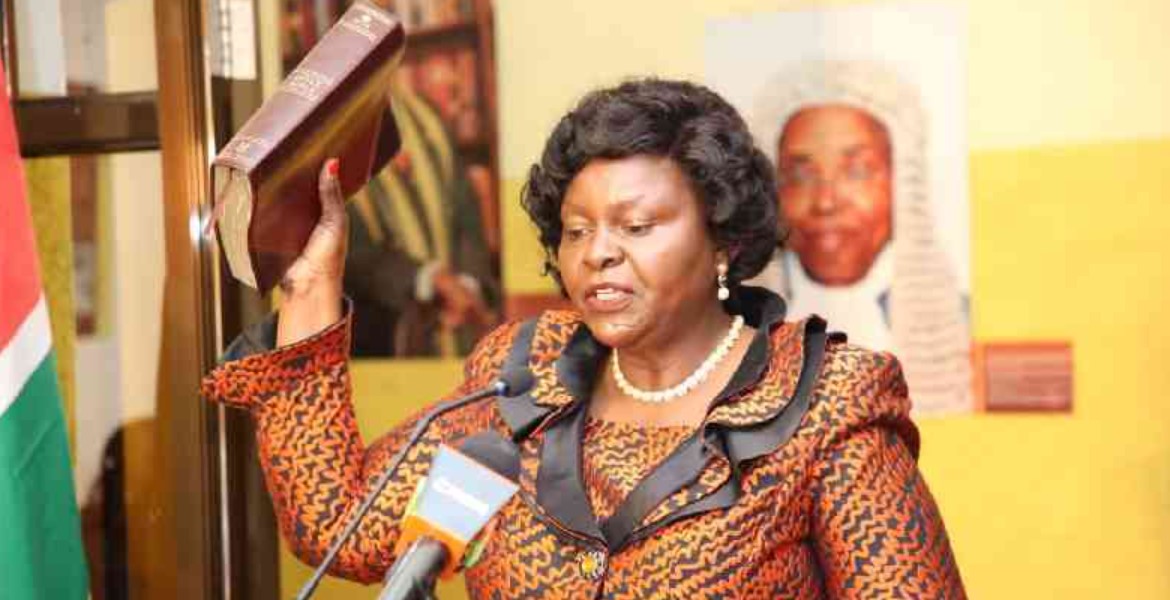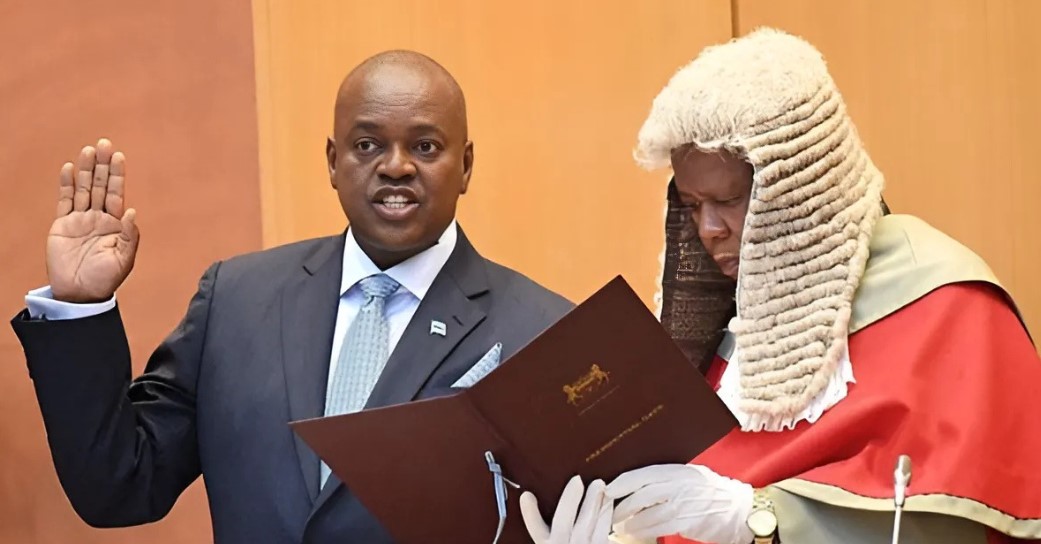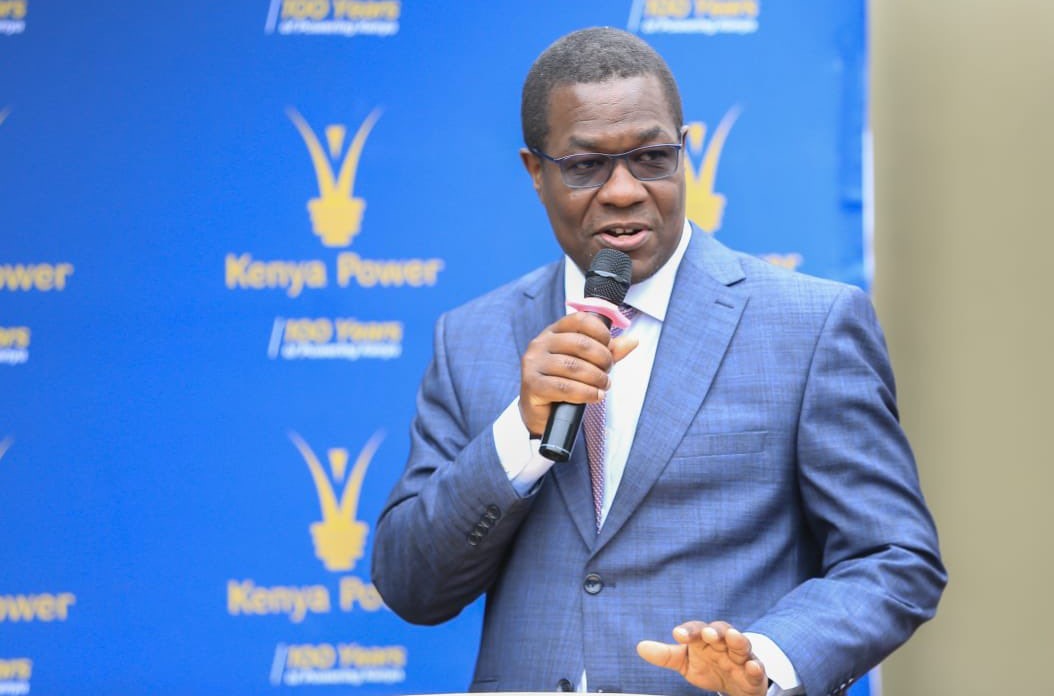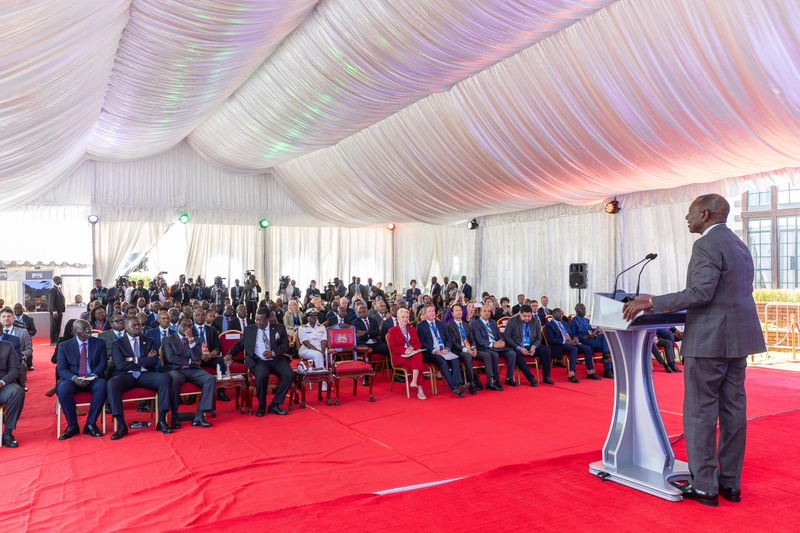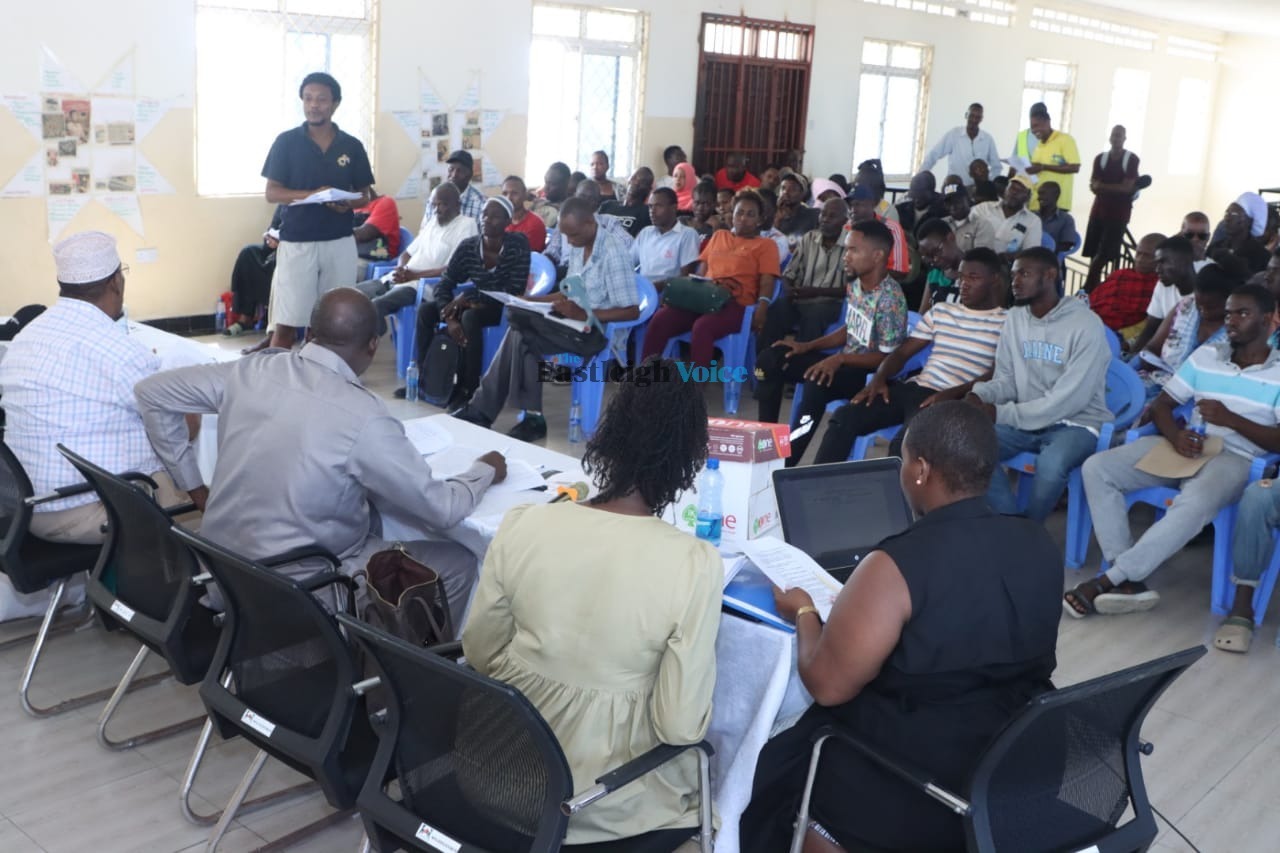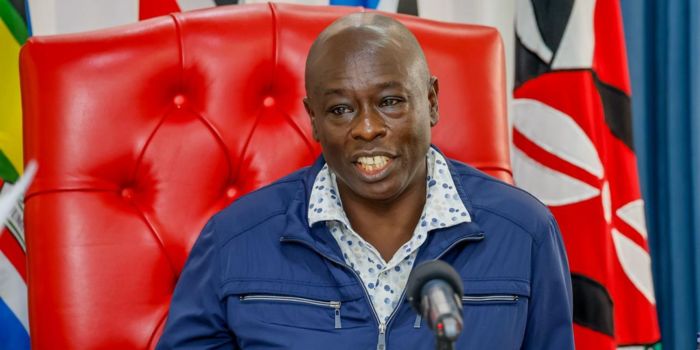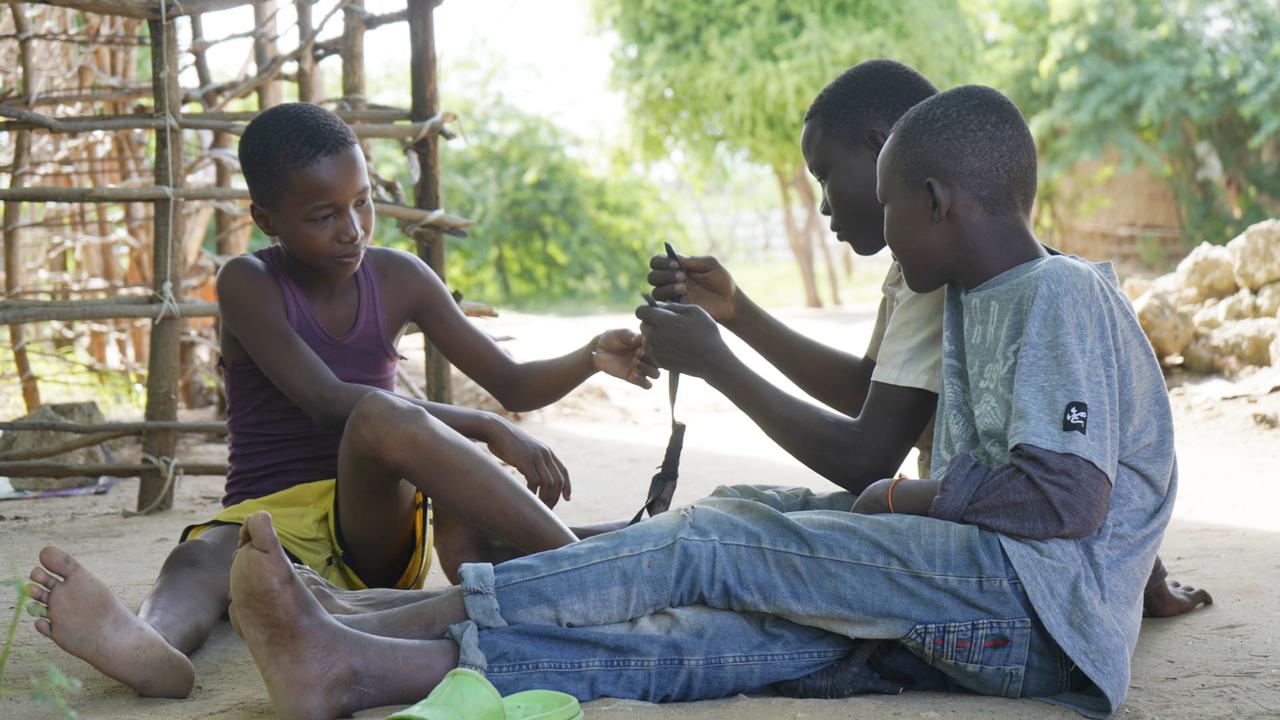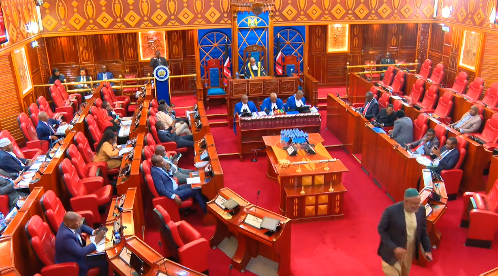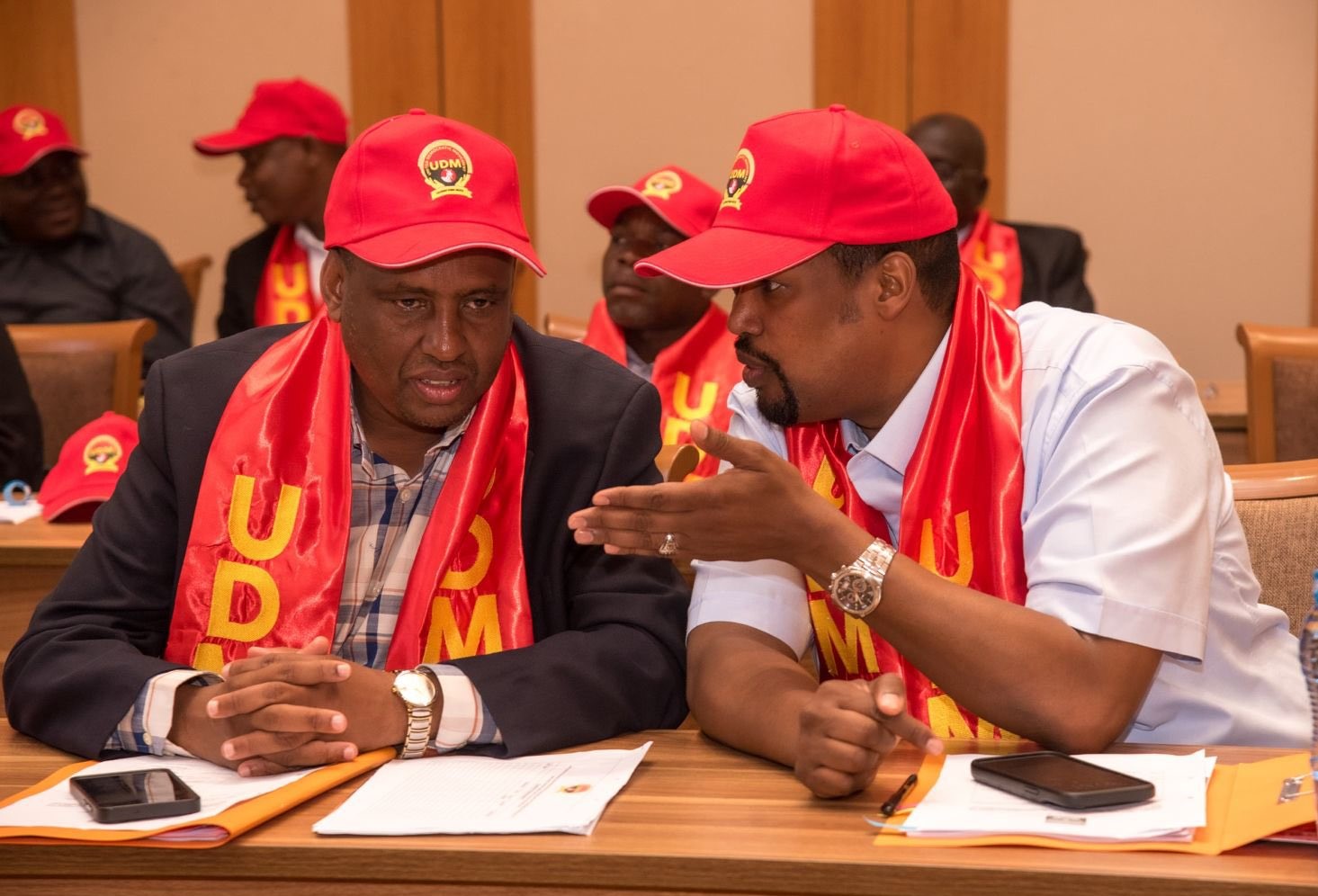Senator Roba faults Gachagua's ‘one man, one shilling, one vote’ stand
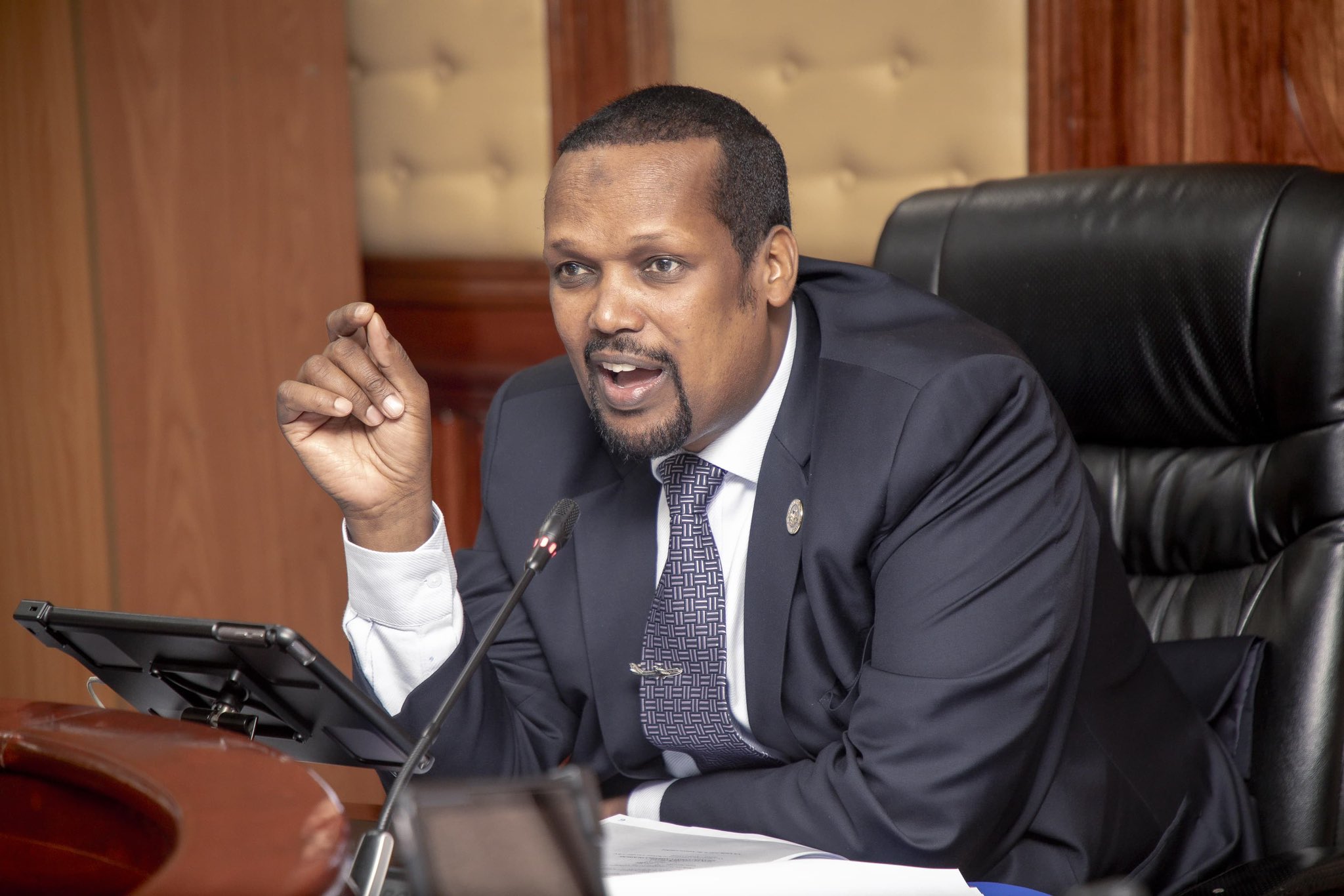
By Lucy Mumbi |
The senator stressed that no single tribe can effect change alone and urged all Kenyans to work together.
Mandera Senator Ali Roba has called for a united approach to addressing the country's challenges, emphasising the need for moderated and sober discussions across all regions.
In a statement on X on Sunday, Ali condemned Deputy President Rigathi Gachagua's stance on ‘one man, one shilling, one vote,’ describing it as a manifestation of deep-seated greed.
Keep reading
- Marginalised groups make urgent call for inclusion in climate change policies
- CS Kindiki warns against national leaders engaging in ethnic politics
- Opinion: Kenyans must shun retrogressive hatred arising from revenue-sharing debate
- Kwale leaders dismiss 'divisive' one man, one vote, one shilling revenue share formula
He stressed that no single tribe can effect change alone and urged all Kenyans to work together.
"The slogan ‘one man, one shilling, one vote,’ championed by some leaders, is a fundamentally flawed stance that underscores a deep-seated greed which seems insatiable," he said.
He criticised Gachagua for seemingly prioritising regional interests over national interests, which he argued is detrimental to the Deputy President's role and the country's unity.
"As the nation’s second-in-command, he should embody the hopes and responsibilities of the entire country, not just one region. Yet, his recent statements and advocacy for the ‘one-man, one-shilling, one-vote’ policy suggest he views himself more as a local MP than as a national leader. This misrepresentation is detrimental to his role and could undermine his effectiveness as Deputy President," he said.
The UDM party leader highlighted the over-representation of the Mt. Kenya region in government, with positions including the Deputy President, nine Cabinet members, and various key roles in the National Assembly and Senate. He argued that this has led to skewed development allocations favouring the region, urging for a fairer distribution of resources.
"Despite having numerous government positions including the Deputy President, nine Cabinet members, and various other key roles in the National Assembly and Senate, the Mt. Kenya region continues to receive the lion’s share of government appointments and resources. This over-representation has facilitated an environment where they can lobby for skewed development allocations, in favour of Mt Kenya region rather than being loud about it," he said.
While calling for a fair and inclusive approach to resource allocation across the country, Ali reminded leaders that resource allocation patterns reminiscent of the 1960s, which often led to the marginalisation and suffering of the ASAL regions, are no longer acceptable.
Constitutionalism
The former Mandera Governor emphasised that the modern Kenyan Constitution, which champions fairness and equity, should guide all decisions regarding resource distribution.
"This is not the 1960s; resource allocation patterns cannot be dictated to cause suffering to the ASALs through deliberate denial by successive regimes. Today, the constitution reigns supreme, and all regions must engage in moderated, sober discussions to address our challenges collectively. No single tribe can effect change alone; we must work together in the spirit of compromise and accommodation," he said.
He stressed that leaders from the Mt. Kenya region, who often highlight their significant population, must recognize the critical importance of the Arid and Semi-Arid Lands (ASAL) regions.
He further argued that equitable resource allocation should take into account not only the population distribution but also the geographical expanse and the unique challenges faced by different regions.
"Mr Rigathi Gachagua needs to understand that Kenya is defined by its people and its geographical boundaries equally. The leaders from Mt. Kenya might boast about their population, but the ASAL regions comprise over 80 per cent of the land mass in Kenya, and resource allocation should consider both factors. If the leaders from Mt. Kenya are discontent, they are free to seek changes through mechanisms like a referendum," he said.
The senator also urged the Kikuyu community to recognise their need for strategic alliances based on mutual respect and truth, rather than threats and false claims of supremacy.
"President William Ruto, known for his astute political strategy, has already navigated past challenges posed by the Kikuyu elite, including a significant defeat of Uhuru Kenyatta in his own backyard. The Kikuyu community must recognise that they need President Ruto more than he needs them and should focus on building strategic alliances based on mutual respect and truth, rather than threats and false claims of supremacy," he said.
Reader comments
Follow Us and Stay Connected!
We'd love for you to join our community and stay updated with our latest stories and updates. Follow us on our social media channels and be part of the conversation!
Let's stay connected and keep the dialogue going!

